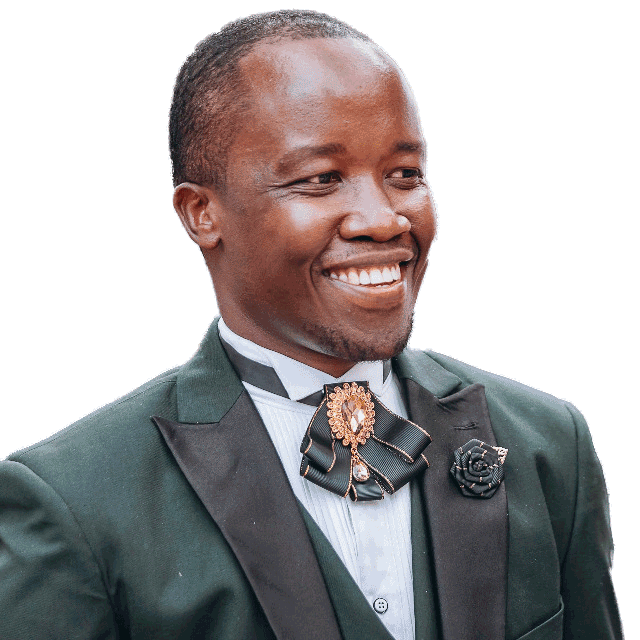“The most important decision we make is whether we believe we live in a friendly or a hostile universe.”
I suspect, he was speaking about our perception and attitude.
There were three stone-cutters. Each was chipping away at a large block. A passerby approaches the first stonecutter and asks,
“Excuse me, what are you doing?” The stone-cutter replies rather gruffly,
“Can’t you see? I’m chipping away at this big hunk of stone.”
Approaching the second artisan, our curious person asks the same question. This stone-cutter looks up with a mixture of pride and resignation and says,
“Why, I’m earning a living to take care of my wife and children.”
Moving to the third worker, our questioner asks,
“And what are you doing?” The third stone-cutter looks up, his face shining, and says with reverence,
“I’m building a cathedral!” (Dedication to a higher purpose).
The meaning we give to an action comes from within us, not by the action. Like the first stone cutter, we have the choice of denying that our actions have any meaning beyond the physical reality of what we are doing. Like the second, we can absorb the meanings that our culture ascribes to our actions. Supporting a family is a culturally accepted purpose. So are getting an education, getting married and having children, creating a successful business, discovering the cure for a disease, winning honors . . . the list goes on. Unexamined, these can amount to life on automatic pilot. Examined, they can give our life radiance and clarity. Only you know. The third stonecutter’s answer points to another level of meaning and purpose—living our highest ideals, dedicating ourselves to something beyond our personal gratification, that leaves a legacy for generations to come, that seems noble and worthy of our steadfast devotion.
How Do We Find Our Purpose?
Joanna Macy, an educator, ecologist and author, has suggested three directions in which to look for your own purpose.
- Work with your passion, on projects you care deeply about. What was your dream before you stopped dreaming? What is the work you would do even if you were not paid to do it? You are not looking for those superficial preferences depicted on bumper stickers, like “I’d rather be surfing.” You are looking for something you would gladly unrestrained would give your life to, not something you use to get away from your life.
- Work with your pain, with people whose pain touches your heart. Have you “been there so you know how it feels”—in grief, sorrow, despair, hunger, terror? Can you offer others the wisdom and compassion you gained from this experience? Is there an aspect of suffering in the world that calls you to action? If you are in such pain that you have lost touch with your ability to help others, then now is the perfect time to extend your hand to others in pain. It is healing.
- Work with what is at hand, with the opportunities that arise daily for responding to the simple needs of others. Finding your purpose has often been equated with discovering the perfect job or service project that will galvanize you to be as saintly as Mother Teresa. This suggestion to work with what is at hand is a reminder that in an interconnected world all acts of service contribute to the good of the whole. If you remember that there is no single act of greatness, just a series of small acts done with great passion or great love, then in doing what you see needs to be done—taking dinner to a sick neighbor, helping a child learn to read, writing a letter to the editor of your newspaper, being an advocate for the homeless in your city—you will discover a life filled with the experience of having a purpose worth living for.
Passion, pain, what is at hand—these are doorways into finding a purpose beyond material acquisition.
Adapted from “Your Money or Your Life: 9 Steps to Transforming Your Relationship with Money and Achieving Financial Independence ” by Vicki Robin, Joe Dominguez and Mr. Money Mustache

